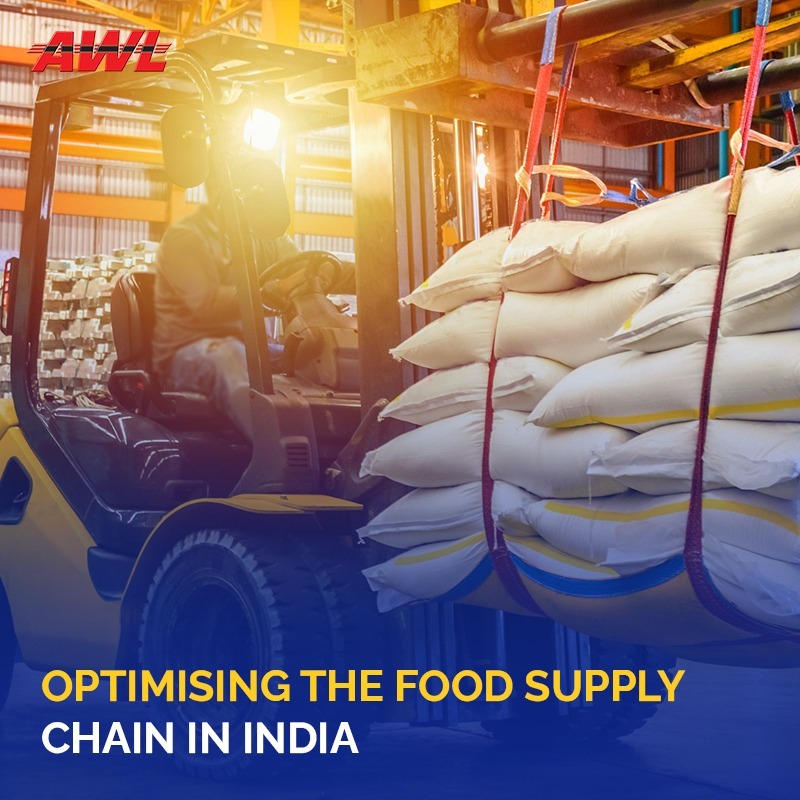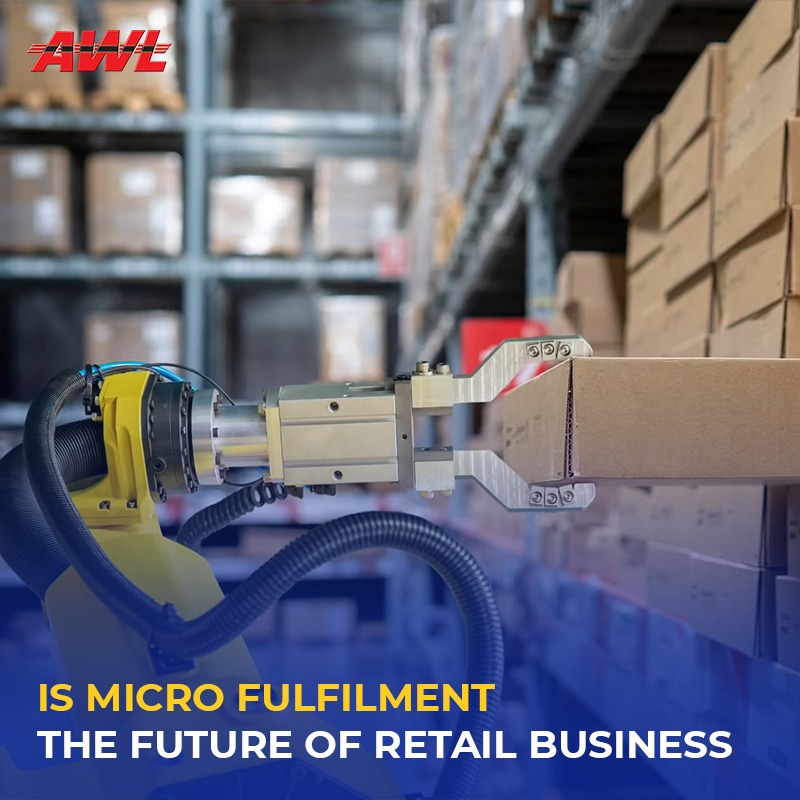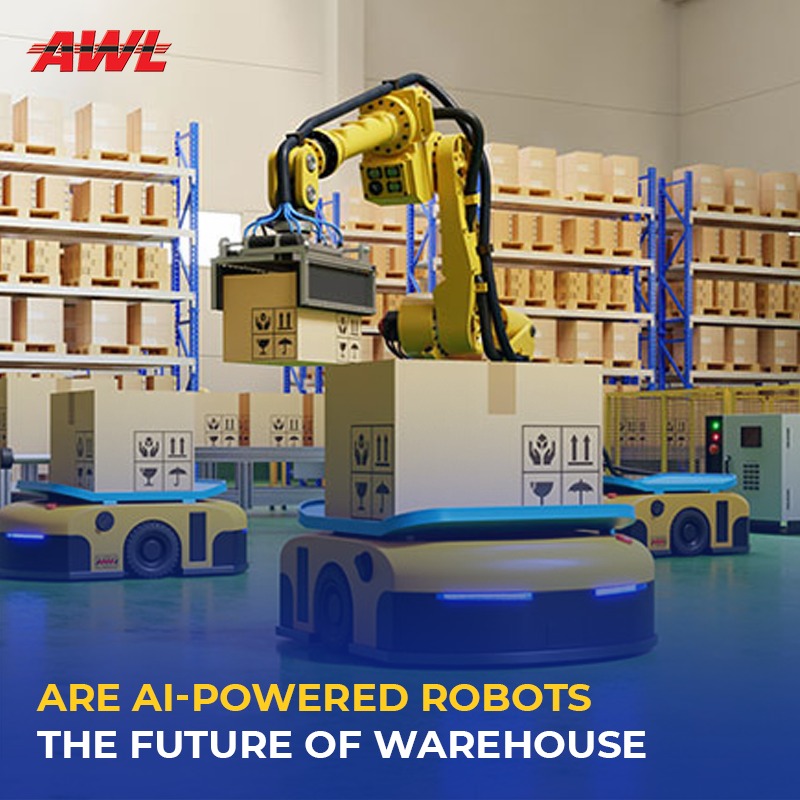

Being the largest food and grocery market in the world, India has a complex food supply chain, which has been undergoing rapid advancements to meet the ever-growing demand for food products with adequate supply. In a developing country like ours with a huge population and limited infrastructure for logistics and supply chain management, it is challenging to meet the demand for food products and beverages efficiently.
In the last few years, the ways the consumer expectation of food delivery has changed significantly. We live in a time where instant delivery of ready-to-eat food items as well as raw food production is being made available to the customers readily. The services of Swiggy Instamart, Flipkart Quick, Blinkit, and more are some examples of such services. The current trends only predict further growth and demand for such services. Changing consumer lifestyle is also an equally important reason for this growth of demand for instant food delivery. Today’s consumer is busy and wants everything ready at their disposal with just a few clicks.
But is the current logistics and supply chain infrastructure enough to cover such demands? The answer is no. However, with the initiatives of the honorable Prime Minister, the government is all set to introduce some major policy changes for the logistics industry. The future for the food supply chain looks bright.
An efficient food supply chain is imperative to ensure the steady growth and development of the country. Yet the food supply chain is among the most neglected areas in the logistics and supply chain management industry. Any and every supply chain management process is complicated but when it comes to food and beverages, it becomes even more difficult due to the sensitive nature of the goods. Most food and beverages perish beyond a certain time frame. These sensitive goods also need special facilities to keep them in their best condition. Therefore, we need to place special emphasis on sensitive food products and their supply chain to ensure that the products reach the end consumer in the best quality possible.
Now, I will tell you more about why optimising the food supply chain is so important and what is the scope of change once it is optimized.
Here are some of the benefits that having an optimized food supply chain has -
The food supply chain sector is demanding an urgent shift from being semi-organized to becoming fully organized. The scope of development in this sector is huge. There are many areas where businesses follow outdated food supply chain management techniques because of lack of knowledge, lack of resources, or both. Today, India demands an integrated food supply chain model to meet the ever-escalating demands. With the growing food & beverages industry, people are expecting better and faster delivery of food items. When the food supply chain becomes well optimized, the industry will cater to customer demands better and will subsequently result in benefitting both the consumer and the businesses.
The responsibility of feeding the people of the nation is fulfilled literally by the food supply chain processes. There are a number of hierarchies and a number of people involved in these processes. To meet this responsibility of feeding the people and making good quality food products and beverages accessible, the food supply chain needs an urgent improvement. The responsibility of making food accessible to all is a huge one, and with improved food supply chain operations, it will become much easier to fulfill this responsibility.
It’s 2022 and we’re still wasting food! Together, we need to counter the food wastage in our country - where there are still a large number of people struggling to feed themselves. Huge amounts of food go to waste because of poor food supply chain equipment and outdated technologies. It doesn’t matter much if the food product reaches the end location on time if it reaches there in poor quality. When more emphasis is placed on the food supply chain management process, the scope of reducing food wastage appears much more achievable.
When infrastructural development of the national food supply chain is prioritized, it will lead to a contribution to the overall development of the logistics and supply chain sector. Whether it is food supply chain transportation networks, warehouses equipped with better resources for temperature-sensitive goods, or training the manual labor to handle such products appropriately, improvement done to the food supply chain will not be limited to just it. It can be useful in other sectors too, such as pharmaceutical logistics, cosmetics logistics, and more.
We are living in the 21st century. Today, the businesses that are using outdated technology are setting themselves up for failure. With numerous technical advancements like RFID scanners, AI, machine learning, a lot of processes in the food supply chain can be automated to save the time and effort of human resources, and employ them in other more important areas. Moreover, modernizing the industry should be a priority also because it will then lead to the potential for global expansion for businesses that run their supply chain operations smoothly.
It is true that optimizing the food supply chain management process is not an easy task. It is not something that can be done overnight. However, logistics and supply chain management companies like AWL India are leading the change that the logistics industry is gradually moving towards. AWL India is a company with modernized and technology-backed food supply chain management solutions that helps them deal with temperature-sensitive goods in an optimized manner. Everyone in the food supply chain management sector should follow their lead to figure out solutions for the food supply chain that are reliable and sustainable.

